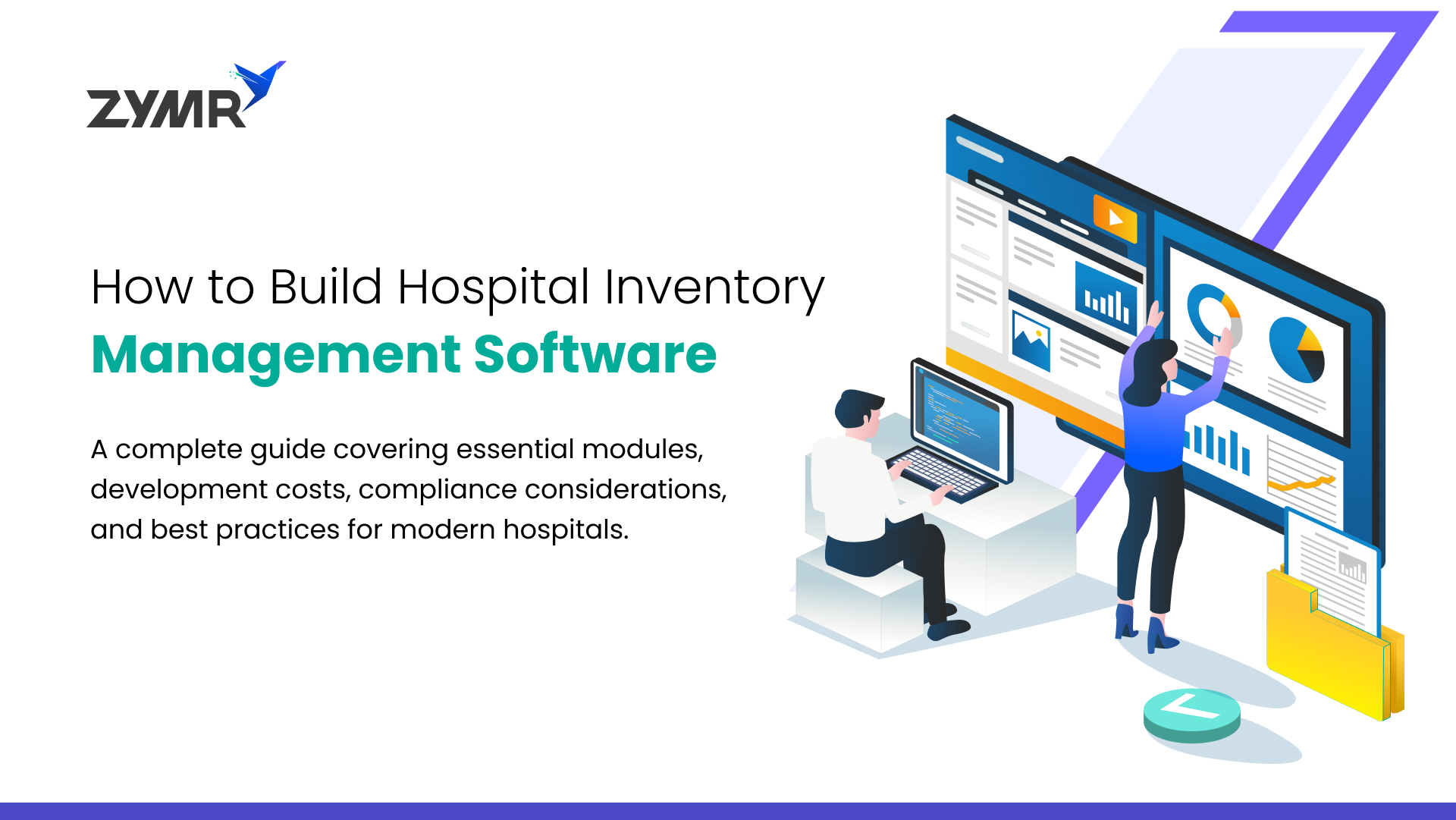Amazon ECS (Amazon Elastic Container Service): Everything You Need To Know

May 29, 2024
Cloud Technology
One of the biggest tech behemoth Amazon is known for its outstanding innovation, user experience, and ‘in it to win it’ mindset. Be it e-commerce and retail, digital content, or cloud computing, Amazon has earned a magnificent triumph over its competitors. AWS is ruling the cloud market as a king. Amazon ECS- Elastic Container Service is a subset of AWS, that is popularly known for its scalability, robustness, and high-performance in the container management service landscape. Amazon ECS empowers your business by maximizing performance. Believe it or not, you can run, manage, or stop Docker containers on the cluster of Amazon EC2 instances. With API calls, you can launch or stop Docker-enabled applications, query the state of your app, and access features like IAM roles, load balancers, security groups, AWS CloudTrail logs, AWS CloudFormation templates, and Amazon CloudWatch Events.
Why Amazon ECS?
1. Containers Without Servers
Amazon ECS has a feature called AWS Fargate with which you can run containers without managing servers or clusters. With AWS Fargate, deployment and management of containers have become a lot easier. To run containers, you don’t have to select Amazon EC2 instance types, provision, and scale clusters of virtual machines anymore.
2. Containerize Everything
With Amazon ECS, you can build every type of containerized application i.e., long-running applications, microservices, batch jobs, and machine learning apps. Be it windows applications or legacy Linux after migrating from on-premises to the cloud, it can be run as containerized applications.
3. Security Assurance
Amazon ECS can help you launch containers in your own Amazon Virtual Private Cloud (VPC). It allows you to use network ACLs and VPC security groups. Utmost confidentiality is maintained as computed resources are not shared among customers. By assigning granular access permissions for every container with IAM to control access of every service and the resources which a container can access.
4. AWS Integration
Amazon ECS is integrated with all the AWS services like Elastic Load Balancing, AWS IAM, Amazon VPC, Amazon ECR, Amazon CloudWatch, AWS Batch, AWS CloudFormation, AWS CloudTrail, and AWS CodeStar. These offer an all-round solution for building and running all sorts of containerized applications.
5. Cost Optimization
For Spot instances, stateless and fault-tolerant containers are best suited. You can run ECS clusters by combining Spot instances with on-demand and reserved instances. By running containers on Amazon EC2, Spot instances can fetch you up to a 90% discount as compared to on-demand prices.
When should you use Amazon ECS?
- To run microservices - You can seamlessly run microservices applications with native integration to AWS services. Amazon ECS enables CI-CD pipelines.
- To do batch processing - You can run batch workloads with custom schedulers on Amazon EC2 On-Demand Instances, Spot Instances or Reserved Instances.
- To migrate to the cloud - Legacy enterprise applications can be containerized and migrated to Amazon ECS without changing codes.
- To develop machine learning models - You can develop ML models with loosely coupled, and distributed services that can be easily placed on different platforms.
Exploring Amazon ECS - Elastic Container Service in detail
Components of ECS
- Cluster - A group of container instances.
- Container Instance (EC2 Instance) - ECS agents run into EC2 instance.
- Task - Instantiation of a task definition that runs on a container instance.
- Task Definition - Detailed description of an application that is to be deployed.
- Service - Running and maintenance of the tasks that are predefined.
- Container - Docker container developed during the task instantiation.
Docker Containers
- Secure, scalable, and portable.
- Create a conducive environment for fostering a developer’s creativity.
- Efficient as compared to virtual machines.
- Remove environmental inconsistencies.
- Minimize time to market for apps.
Container Cluster Management System
- To scale containers.
- To schedule containers across clusters.
- To manage the container lifecycle within the cluster.
ECS Architecture Overview - Components of ECS Architecture
- Agent Communication Service - A getaway between ECS backend cluster management engine and ECS agents.
- API - Offers cluster state information.
- Cluster Management Engine - Offers cluster coordination and state management.
- Key/Value store - Used to store cluster state information.
ECS Agents
- ECS agent runs on EC2 (container) Instances.
- ECS cluster is a collection of EC2 (container) Instances.
- ECS agent is installed in every EC2 (container) Instance and registers Instance to centralized ECS service.
- ECS agent handles incoming requests for deploying the container as well as the lifecycle of the container.
EC2 Container Registry (Amazon ECR)
- AWS-managed Docker Container registry service.
- Manages and stores the Docker images.
- Hosts images in a scalable architecture.
- Integrated with ECS.
- No upfront fee.
Creating ECS Cluster
- AWS Console.
- AWS ECS CLI.
- Cloud Formation Template.
Deploying ECS Cluster Can Create
- The security groups at the instance.
- An application load balancer.
- A launch configuration with ECS optimized AWS AMI.
- The autoscaling group, that mentions the number of instances.
- A task definition.
- A target group as well as ECS service.
ECS Task Definition
- Similar to docker-compose.
- Consist of one or more container definitions.
ECS Services
- Empower you to run and maintain a particular number of tasks.
- ECS service scheduler launches a new task if any task stops anytime.
Advantages of ECS Services
- Cluster management is easier as ECS sets up and manages the clusters that are created with Docker containers.
- Auto-scaling at Instance and service level.
- Zero-downtime deployment, service updates follow blue-green deployments.
- With containerized applications, resources can be efficiently deployed.
- Applications can use AWS features viz. Elastic IP addresses, virtual private cloud and resource tags.
- Service discovery is used for service to service communication internally.
- Fargate technology facilitates scaling, load balancing and scheduling of containers.
- As tasks run on EC2 instances, these tasks get benefited from IAM roles, security groups, and AWS security features.
To Conclude...
It all starts with migration after all. Accelerate your cloud journey by choosing our top-of-the-line Cloud Migration Services to streamline the workload migration. Our services include Infrastructure Migration, Data Migration, Platform Migration, and App Migration. Design, deploy and support the technological journey right from physical servers to the cloud with Silicon Valley's top-notch migration services.
Contact our team today.
Conclusion
FAQs
>
>
>
>
>
Have a specific concern bothering you?
Try our complimentary 2-week POV engagement
Our Latest Blogs

January 15, 2026
Global Healthcare Outlook 2026: Key Trends in Digital Health, AI, and Patient Safety

January 15, 2026
Top 10 Healthcare IT Services Companies Transforming Healthcare Delivery(2026)

January 15, 2026





.svg)
.svg)
.svg)
.svg)
.svg)
.svg)
